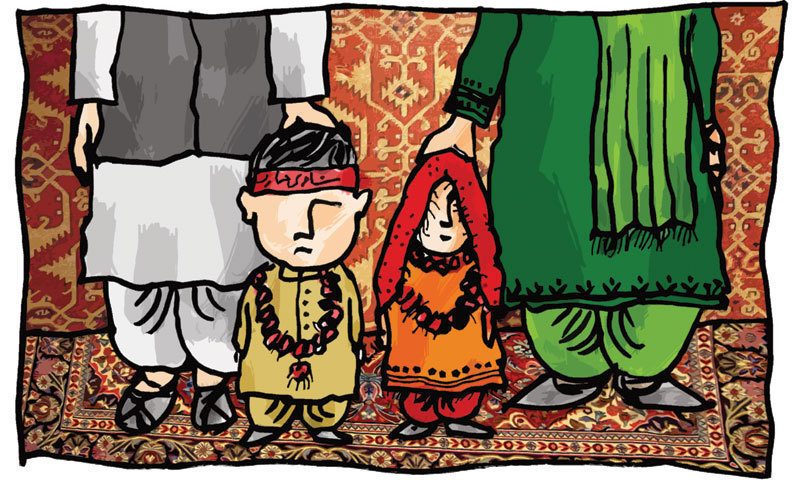Now Reading: Another Pakistani Province Bans Child Marriage with New Strict Law in 2025
-
01
Another Pakistani Province Bans Child Marriage with New Strict Law in 2025
Another Pakistani Province Bans Child Marriage with New Strict Law in 2025

Child marriage has been a long-standing issue in many regions of Pakistan, but 2025 has brought a strong and positive shift. Another Pakistani Province Bans Child Marriage, and this time, it is Balochistan taking a powerful stand. The Balochistan Assembly has passed the Balochistan Child Marriages Restraint Act 2025, a strict and comprehensive law made to protect minors from forced or early marriages.
The new law marks a serious effort to safeguard children’s rights and prevent abuses that have harmed thousands of young lives. It comes with strong penalties, firm responsibilities, and clear procedures to close all loopholes.

Another Pakistani Province Bans Child Marriage with the Strictest Penalties
The act introduces the strongest punishments ever implemented in the province for child marriage. The law clearly defines a child as anyone under 18 years of age, and all marriages involving a minor are declared illegal. Some situations are considered completely void from the beginning, especially if the child was forced, threatened, kidnapped, or sold for marriage.
This law also overrides all conflicting laws and becomes effective immediately across the entire province.
Strict Punishments Under the Balochistan Child Marriage Restraint Act 2025
The newly approved act does not only punish the adult groom—it applies to anyone involved in supporting the marriage.
Penalties include:
- 2 to 3 years of rigorous imprisonment for any adult male who marries a minor
- Fines between Rs. 100,000 and Rs. 200,000
- The same punishment for anyone who arranges, supports, performs, or promotes the child marriage
If a convicted person cannot pay the fine, the court can add an additional three months of imprisonment. These clear and heavy punishments aim to stop child marriages by making them legally risky and socially unacceptable.
New Legal Responsibilities for Nikah Khawans and Registrars
A major change under this act is the introduction of strict responsibilities for Nikah Khawans, Nikah Registrars, and union council secretaries. They must verify the CNICs of both the bride and groom before performing the marriage.
If they fail to verify ages, they commit a criminal offence.
Punishment for officials includes:
- Up to 1 year in prison
- A fine of up to Rs. 100,000
This step closes a common loophole and ensures that no underage marriage can be conducted without officials facing serious consequences.
Child Marriage Offences Are Now Cognizable and Non-Bailable
The act further strengthens enforcement by declaring all offences as:
- Cognizable – Police can take action without a warrant
- Non-bailable – Bail is not easily granted
- Non-compoundable – Cases cannot be settled privately
Only a First-Class Judicial Magistrate can hear these matters. This prevents offenders from escaping punishment through influence, pressure, or private agreements.
Protection for Children in High-Risk Situations
The law pays special attention to vulnerable minors. Child marriages are declared void if the child is:
- Kidnapped
- Sold
- Trafficked
- Coerced
- Enticed into marriage or any immoral purpose
In such cases, the marriage holds no legal value. This ensures full protection for minors who may be targeted or exploited by criminals.
The act also states that children born from such unions will be considered legitimate, and their father must provide financial support. This protects the future of innocent children who should never suffer because of their parents’ wrongdoing.
Why This New Law Matters for Pakistan’s Future
With Balochistan’s bold step, another Pakistani province bans child marriage, bringing the country closer to safer and more progressive social standards. Child marriage harms education, health, emotional growth, and future opportunities. By enforcing strict penalties and closing loopholes, the government is prioritizing children’s well-being.
This move aligns with global child protection standards and highlights Pakistan’s commitment to breaking harmful traditions that impact young lives.










